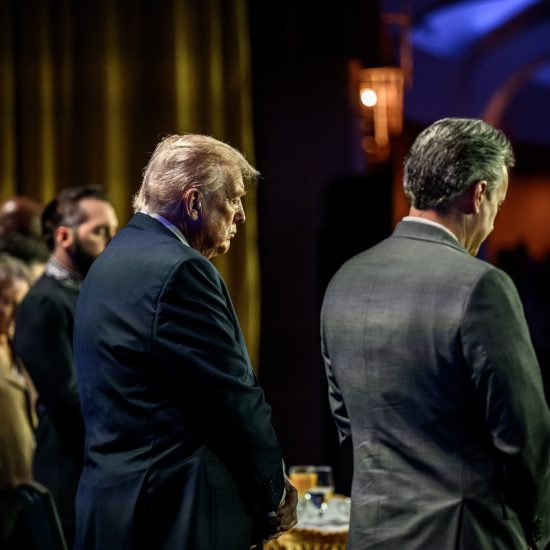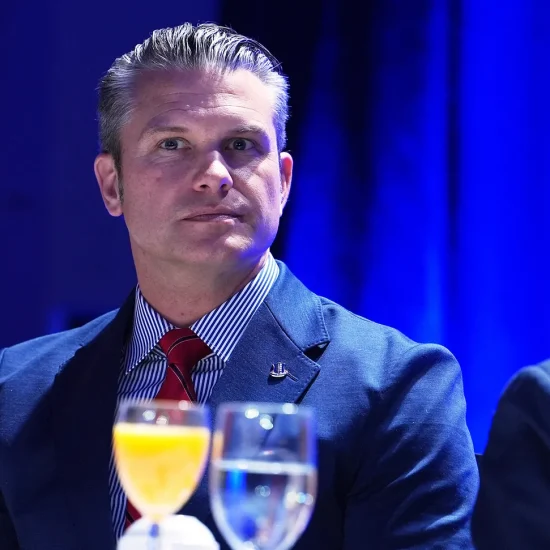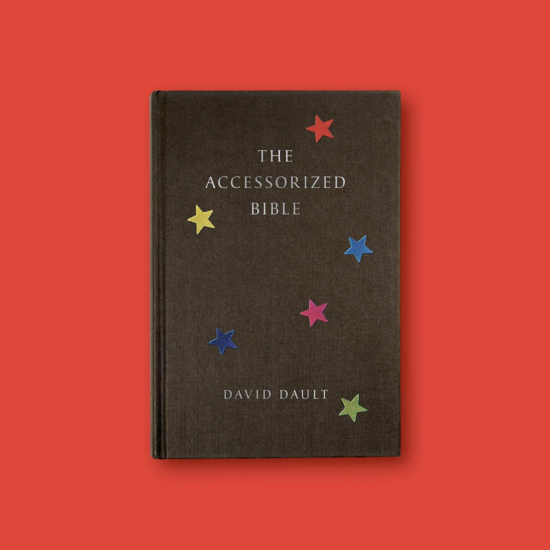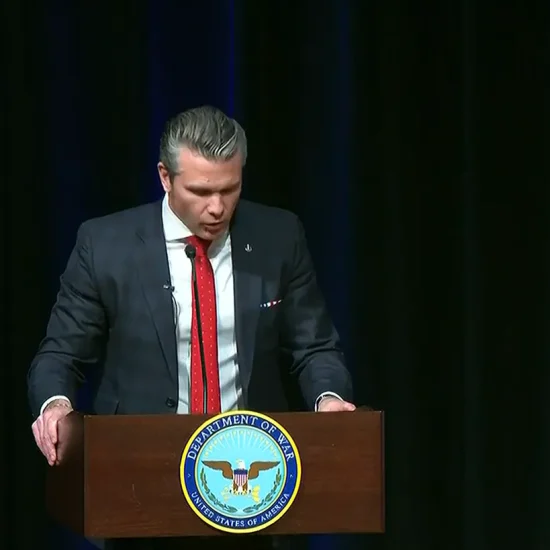
The 4th of July is about looking back. On Independence Day, Americans remember the historical moment where a group of colonists defied a king and asserted their right to freedom (which, the dominant myth leaves out, was actually enjoyed by a very limited group). Far too frequently, Jesus’s followers in America conflate this celebration of a country with their worship of God. Christian Nationalism rears its ugly head as the beginnings of a new government are interpreted as a nation being chosen by the Almighty.

Beau Underwood
This year’s observance of the holiday felt different. Perhaps the fragility of our democracy was more apparent following the insurrection at the U.S. Capitol on Jan. 6. Or, maybe there is greater awareness that our claims of “liberty and justice for all” remain aspirational after the renewed conversations around the many inequalities that continue to structure our society. More simply, my own media diet could be reinforcing my biases.
Whatever the reason, as I checked Twitter and read news over 4th of July weekend, it felt like there was a different — much healthier — conversation happening about what it means to be a citizen of the United States and a Christian who proclaims that “Jesus is Lord!”
That started with Word&Way’s own editor-in-chief Brian Kaylor. In a piece for Americans United, he wrote, “faith leaders should recognize how seemingly innocuous practices, like those employed on the Fourth of July, help make the radical ones more acceptable and common. Our sanctuaries serve as incubators for the ideology that attacked our very democracy nearly six months ago.”
His comments are to be expected from a Baptist pastor writing for a publication with a history of defending the separation of church and state. More surprising was finding similar sentiments expressed in the virtual pages of Christianity Today. There the musicologist Katherine Kramer McGinnis confronted the perils of the holiday for churches: “To give a platform to both the worship of God and the celebration of America in the same service is to serve two masters, to grant power to God and the state in the sanctuary. In doing so, one makes space for the glorification of two entities that are in no way equal in the life of a Christian.”
Idolatry is the danger Christians are hoping to avoid. Expressions of patriotism easily become the glorification of a nation that accords it a divine status where ultimate loyalty is demanded and criticism is construed as heresy. Since our complete obedience belongs rightfully to God, such expectations put our worship and citizenship on a crash course. Once the nation assumes a godlike status in our hearts and minds, it makes claims upon us that we cannot honor without compromising our relationship with our actual Creator.
For example, consider the idea of perfection. Christians believe God to be perfect both in nature and purpose. Theologians will debate the finer points, but the idea is there is no blemish within God’s self nor can God act in a morally wrong way. This perfection stands in contrast to human failure and sin. All that humans do and create falls short of the glory of God (Romans 3:23).
This applies to every humanly constructed nation as well. Yet, when critiques of the United States are ruled out of bounds, idolatry is revealed. The country is treated as perfect; it has become a god in our collective mind.

(Jeffrey Hamilton/Unsplash)
“I can both love my country and grieve its actions, past and present, at home and abroad. The U.S. was planted in violence and continues to thrive on violence,” Jean Neely dared to say back on July 3, 2018. Sojourners reminded us of her piece as July 4 approached this year. She added, “We need to look squarely at reality, at our own churches and our own souls, and deal with the discomfort or pain of what we find there. We need to awaken to both the beauty and the ugliness within, the shadow as well as the light.”
Similar thoughts were expressed by Chris Conley writing for Baptist News Global. In the run up to Independence Day, he had the audacity to say: “As a Christian, I cannot pledge unequivocal allegiance to any nation divorced from a critical and prayerful assessment of its words and deeds. I am a supporter of America only to the extent that her actions are compatible with the values of the kingdom of God. To the extent American policies and conduct instead reflect the values of this world — and show themselves to be motivated not by self-sacrificial love, but by greed or hatred — I must stand as her enemy.”
I am not deluded into thinking these expressions represent all of American Christianity. One candidate for Texas Governor launched his campaign during a church service on Sunday to great fanfare and a large flag waving on the screen behind him. Faith and politics continue to mix in unhealthy ways within the United States.
Still, there are signs that more Christians used the holiday to reflect on what it means to practice citizenship responsibly while following Jesus faithfully. That makes for a healthier patriotism and more authentic Christianity, which is good for both God and country.
Beau Underwood is senior editor & VP for external affairs for Word&Way.






